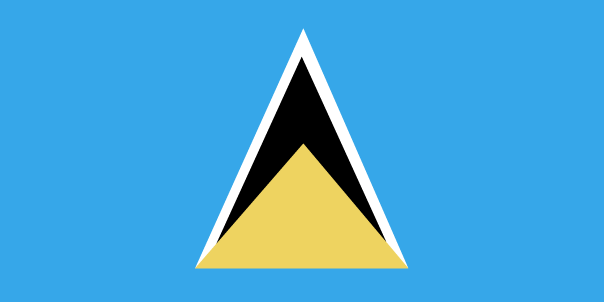United States Nepal Singapore India United Kingdom Germany Pakistan Canada Australia Norway Italy United Arab Emirates France Malaysia Bangladesh Philippines Japan Netherlands Qatar Saudi Arabia Hong Kong Sri Lanka Belgium Poland South Korea Russia Czech Republic Taiwan Spain Turkey Finland Thailand Israel South Africa Denmark Sweden Romania Brazil Ireland Switzerland China Indonesia New Zealand Bulgaria Greece Serbia Hungary Portugal Kuwait Zambia Iran Austria Iraq Mexico Morocco Egypt Ukraine Vietnam Croatia Jordan Bahrain Iceland North Macedonia Oman Slovakia Lebanon Argentina Maldives Latvia Algeria Bosnia and Herzegovina Chile Cyprus Tunisia Malta Estonia Colombia Puerto Rico Slovenia Kenya Albania Lithuania Peru Djibouti Jamaica Georgia Luxembourg Nigeria Afghanistan Tanzania Libya Palestinian Territory Armenia Kazakhstan Ecuador Macao Mauritius Venezuela Trinidad and Tobago Myanmar Brunei Darussalam Belarus Uganda Mongolia Cote D'Ivoire Uruguay Bhutan U.S. Virgin Islands Belize Fiji Bermuda Cambodia Honduras Zimbabwe Ghana Dominican Republic Sudan El Salvador Azerbaijan Botswana Madagascar Seychelles Guernsey Yemen Senegal Cayman Islands Netherlands Antilles Paraguay Faroe Islands Rwanda Costa Rica Panama Montenegro Aruba Kyrgyzstan Uzbekistan Somalia Mozambique Saint Lucia Grenada Micronesia Eritrea Ethiopia Malawi French Guiana Saint Vincent and the Grenadines Syria Saint Kitts and Nevis Cameroon Jersey Antigua and Barbuda Dominica Cabo Verde Liechtenstein Bahamas Tajikistan Namibia Haiti Guatemala Monaco Samoa Bolivia Saint Lucia Flag Meaning & Details 1 VISITOR FROM HERE! Saint Lucia Flag Flag Information cerulean blue with a gold isosceles triangle below a black arrowhead the upper edges of the arrowhead have a white border the blue color represents the sky and sea, gold stands for sunshine and prosperity, and white and black the racial composition of the island (with the latter being dominant) the two major triangles invoke the twin Pitons (Gros Piton and Petit Piton), cone-shaped volcanic plugs that are a symbol of the island
Learn more about Saint Lucia » CIA - The World Factbook
 Previous Country | Next Country
Previous Country | Next Country  » Back to Flag Counter Overview
» Back to Flag Counter Overview
 Previous Country | Next Country
Previous Country | Next Country  » Back to Flag Counter Overview
» Back to Flag Counter Overview